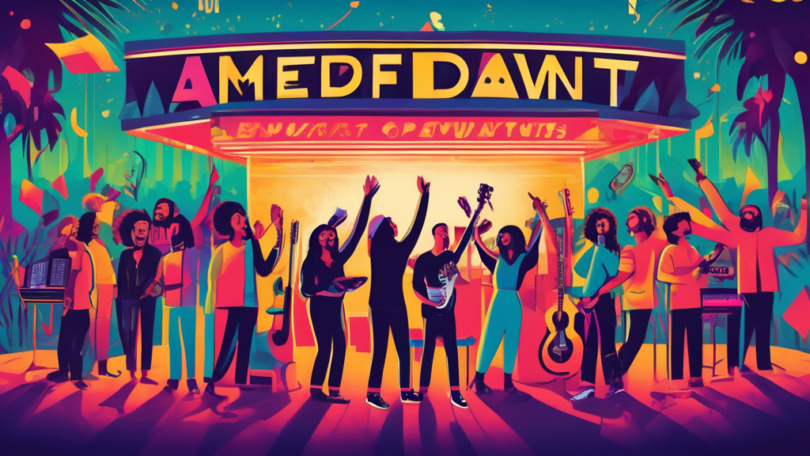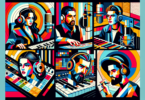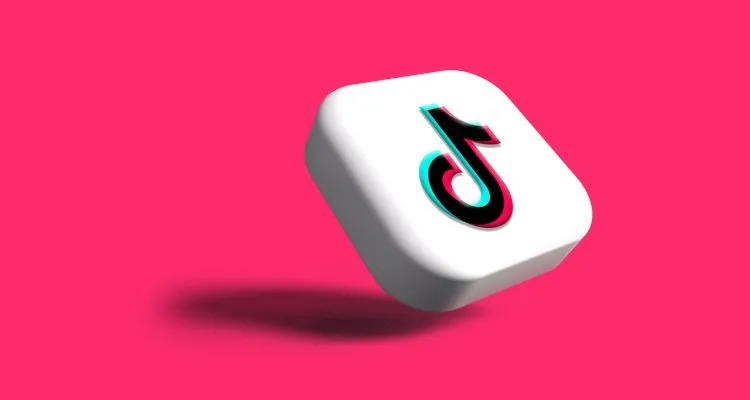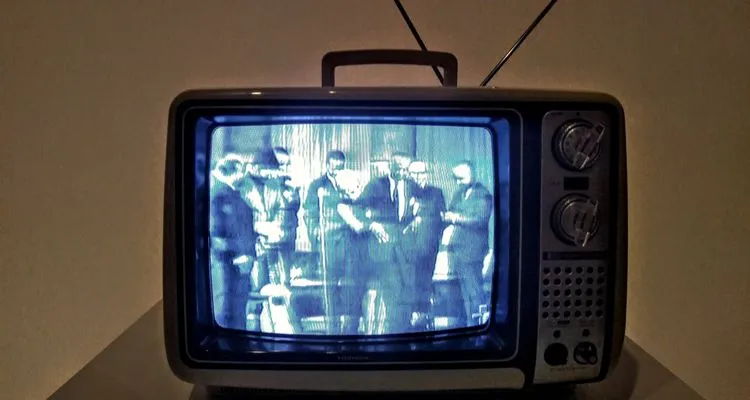In an era where digital music platforms are crucial for musicians, the recent shift from Bandcamp to a new platform has sent waves through the indie music community. For over a decade, Bandcamp has been a beloved haven for independent artists and labels, providing them with an accessible and ethical way to distribute music and reach fans. However, with the emergence of a new competitor, industry insiders and musicians alike are asking: Is this a new dawn for independent artists and labels?
The Rise of Bandcamp
Bandcamp was founded in 2008 with the mission of creating a platform that empowered artists by allowing them to sell music directly to fans. It soon became a trusted space for both emerging and established artists who sought a fairer revenue share model compared to major streaming services. Bandcamp’s user-friendly interface and customizable artist pages made it easy for musicians to build a direct relationship with their audience. The platform’s commitment to providing artists with 85% of sales revenue has been a driving force in its popularity, fostering a sense of community and shared purpose.
Challenges and Changes
Despite its success, Bandcamp faced challenges such as competition from other streaming services and changes in the digital music landscape. In recent years, the music streaming industry has become more crowded, with services like Spotify, Apple Music, and SoundCloud competing for listeners’ attention. These platforms offer expansive libraries and sophisticated recommendation algorithms but often fall short in fairly compensating artists.
Earlier this year, news broke that a new platform was poised to replace Bandcamp as the go-to destination for indie musicians. This development has sparked both excitement and concern within the community. The new platform, tentatively named IndieWave, promises to provide even greater benefits to artists and fans, but it also comes with uncertainties about its impact.
IndieWave: A New Competitor
IndieWave aims to build on Bandcamp’s foundation while addressing some of its limitations. Key features of IndieWave include improved revenue sharing, enhanced promotional tools, and innovative ways for artists to engage with their fans. IndieWave claims to offer artists 90% of sales revenue, a significant increase from Bandcamp’s 85%. This change is seen as a major win for artists, who have long struggled with the financial pressures of the music industry.
Additionally, IndieWave’s platform includes more comprehensive analytics, allowing artists to better understand their audience and tailor their marketing strategies. Enhanced social features, like fan clubs and VIP memberships, provide new avenues for artists to monetize their fan base. IndieWave also promises seamless integration with popular social media platforms, making it easier for musicians to share their work and connect with listeners.
Reactions from the Indie Music Community
The indie music community’s reaction to the emergence of IndieWave has been mixed. Many artists and labels are optimistic about the potential for better revenue and increased fan engagement. The promise of a higher revenue share is particularly appealing for independent musicians who often rely on multiple income streams to sustain their careers.
However, there are also concerns about the transition from Bandcamp to IndieWave. Artists who have spent years building their presence on Bandcamp worry about losing their established fan base and the potential disruption to their sales. There is also apprehension about whether IndieWave can deliver on its promises and maintain the same ethical standards that Bandcamp has upheld.
New Platform
The arrival of a new platform like IndieWave represents a significant shift in the indie music scene. While it holds the promise of greater financial rewards and more robust engagement tools for artists, it also brings uncertainties and challenges. For now, independent musicians and labels will need to navigate this changing landscape and decide whether to embrace IndieWave or remain loyal to Bandcamp.
As the digital music industry continues to evolve, one thing remains clear: independent artists and labels will continue to seek out platforms that provide fair compensation, effective promotional tools, and a sense of community. Whether IndieWave can deliver on these fronts remains to be seen, but its emergence has certainly injected new energy and possibilities into the indie music scene. A new dawn may indeed be on the horizon for independent artists and labels.
IF You like our original content, music compositions free for your videos, then join our community!







